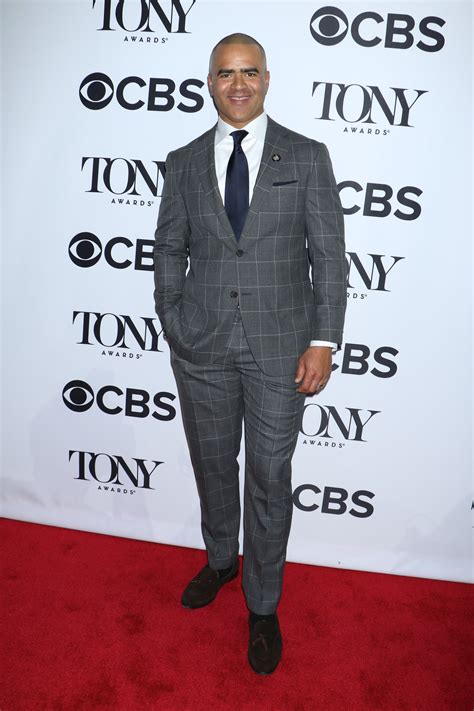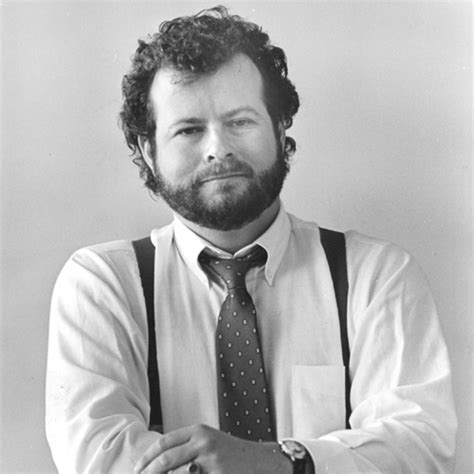A Quote by Christopher Jackson
Our understanding of history goes awry when we only tell one part of the story.
Related Quotes
When we're in the story, when we're part of it, we can't know the outcome. It's only later that we think we can see what the story was. But do we ever really know? And does anybody else, perhaps, coming along a little later, does anybody else really care? ... History is written by the survivors, but what is that history? That's the point I was trying to make just now. We don't know what the story is when we're in it, and even after we tell it we're not sure. Because the story doesn't end.
Perhaps there's another, much larger story behind the printed one, a story that changes just as our own world does. And the letters on the page tell us only as much as we'd see peering through a keyhole. Perhaps the story in the book is just the lid on a pan: It always stays the same, but underneath there's a whole world that goes on - developing and changing like our own world.
Listen, my father had written. Listen to hear if they are telling the truth or only part of the truth, for that is the lesson of history: that the victors tell the tale of their triumph in a manner to grant accolades to themselves and heap blame upon their rivals. Ask yourself if part of the story is being withheld by design or ignorance.
If you can imagine the story of the world as a giant movie, to not have some understanding of the Bible - its story, its history, and its impact - would be like watching a great movie and removing part of the plot. It can't be done. The real truth is that everyone regardless of faith tradition benefits from knowing and understanding these aspects of the Bible. It enhances one's knowledge of literature, science, art etc. It's difficult to read any classic work of literature for instance and not see biblical allusions.
It's only a story, you say. So it is, and the rest of life with it - creation story, love story, horror, crime, the strange story of you and I. The alphabet of my DNA shapes certain words, but the story is not told. I have to tell it myself. What is it that I have to tell myself again and again? That there is always a new beginning, a different end. I can change the story. I am the story. Begin.
I'm not an activist. I'm a filmmaker. I'm a dramatist. My strength is to tell a story, to find a way to tell a story that makes it exciting. Our Untold History was a huge challenge. Snowden was no piece of cake, because writing code and breaking code is some of the most boring stuff you've ever seen.
These short stories are vast structures existing mostly in the subconscious of our cultural history. They will live with the reader long after the words have been translated into ideas and dreams. That's because a good short story crosses the borders of our nations and our prejudices and our beliefs. A good short story asks a question that can't be answered in simple terms. And even if we come up with some understanding, years later, while glancing out of a window, the story still has the potential to return, to alter right there in our mind and change everything.
I always knew from the beginning that this was the only way to write Then We Came To The End - that it had to be in first - person plural if it was going to illustrate how the individual becomes part of the collective. I had no interest in writing the book in a more conventional voice. It goes back to that fascination I had with telling a story in multiple ways. It was the only choice I gave myself, really - I said "This is it, pal. If you can't tell a story this way, you're going to have to abandon the book. Write it this way or give up."
Faith in the gospel restructures our motivations, our self-understanding, our identity, and our view of the world. Behavioral compliance to rules without heart-change will be superficial and fleeting… We can only change permanently as we take the gospel more deeply into our understanding and into our hearts. We must feed on the gospel, as it were, digesting it and making it part of ourselves. That is how we grow.




































